You’re A Character in God’s Ultimate Story
At Lorehaven, we’re all about stories. But have you ever considered that God is much like an author himself and is telling his own story?
His story spans all ages past and reaches forward into eternity.
Every day it’s being written to serve one amazing purpose.
The Author populates his world with characters who possess life and freedom. Then he enters the story himself. In fact, the story is all about him. And rightly so. For there is no one more interesting, amazing, surprising, powerful, or good than the Author.
Because this is true, he lovingly writes his story so that others can freely choose to embrace and enjoy who he is. That way they can experience adventure, discovery, wonder and complete fulfillment forever.
Chapter 1: God’s creation.
From nothing, the Creator made everything seen and unseen. He finished by creating free creatures in his own image. Freedom is a mysterious, powerful and wonderful gift. It makes both love and evil into possibilities.
Chapter 2: The fall.
Here, the Author’s characters decided to try writing their own story, but failed to see it would never fulfill them. People designed to be reflections of the Author tried to make the Author a reflection of themselves.
Irony entered the plot, as the characters’ endless search for pleasure apart from the Author now brought pain and empty discontentment.
Relationships made for love and enjoyment instead brought conflict and injury. Work, once meant to be invigorating and productive, was now draining and seemingly fruitless. The Author’s vision of perfect unity was replaced by a broken, dysfunctional collection of self-centered agendas.
So the story took a dark turn. It seemed the Author couldn’t possibly write his way to a happy ending, and that evil would remain unleashed and unaccountable.
But little did anyone know that the Author would introduce a twist to his tale. One that would change everything.
Chapter 3: Redemption.
Justice is an unusual idea, one that we like when applied to others, but subtly avoid when applied to ourselves. It’s somewhat relative, depending on the value of the one wronged. Killing a flower, a pet, or a child understandably call for increasing degrees of punishment. Imagine then the punishment due for those who have wronged a Being of limitless value.
The Author couldn’t simply ignore evil and still be good himself. Justice had to be preserved. One of infinite worth had been wronged and was owed a payment of infinite value, which humans couldn’t scrounge together no matter their efforts. The Author was the only existing Being of infinite worth.
From therein came the answer.
The Author, like one of his own characters, entered the story as he never had before, experiencing its pains and harsh realities firsthand. He offered his perfection, goodness, and infinite worth in exchange for the lives of his characters. He subjected himself to the full punishment his characters were due. And in that unparalleled transaction, he made possible true freedom.
From the Author a call rang out, inviting his characters to be reunited with him. They could be free of any punishment and free of their debt, with the promise that one day they would even be free of the very presence of evil. Forever.
This future chapter is foreshadowed in the lives of characters who accept his invitation. The Author goes to work in crafting them a new story within the larger one. Tragic subplots are slowly rewritten into romances. And as each smaller story is united to the larger one, the epic tale becomes beautiful beyond comprehension.
Chapter 4: Restoration.
Some stories are so suspenseful and exciting that it’s hard not to turn to the last page early to find out how they end. But the Author invites us every day to do just that. We can look ahead and see how the Author, the hero of this story, puts an end to all evil around us and within us.
There is nothing so broken that the Author can’t perfectly and permanently restore it. A time will come when all of creation is renewed and remade, without the flaws and fractures it once had. The end of the story will be so beautiful and moving that we will see in new light the pain of early chapters, and recognize the brilliance of the Author.
This end of this story gives us hope for today. When our stories aren’t written like we think they should be. When the stresses of work and relationships threaten to break us. When pain seems to define our lives.
The Author knows and feels our suffering, because he has entered the story as well. He has come to carry us through it. Then we can see the ending he has written, that serves as this story’s epilogue and the prologue as he begins a new story. That new story will be far better than the first story, with a happy ending that never ends.

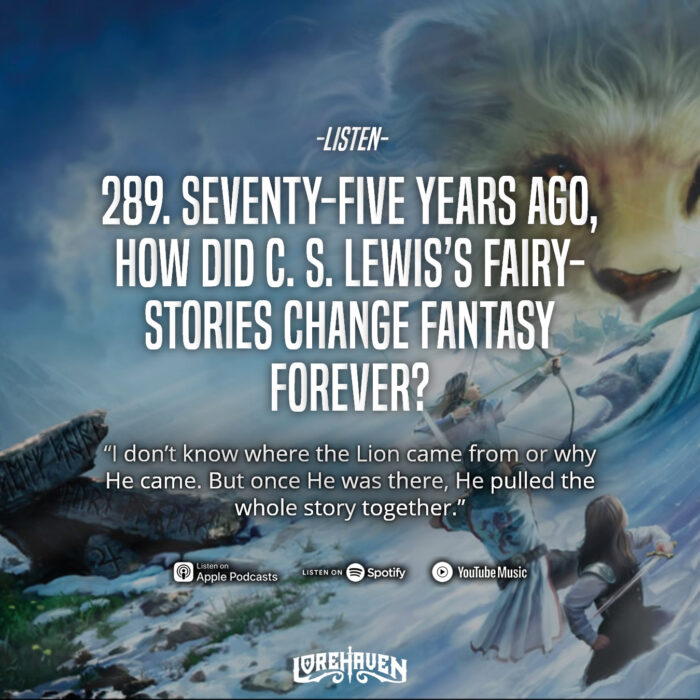
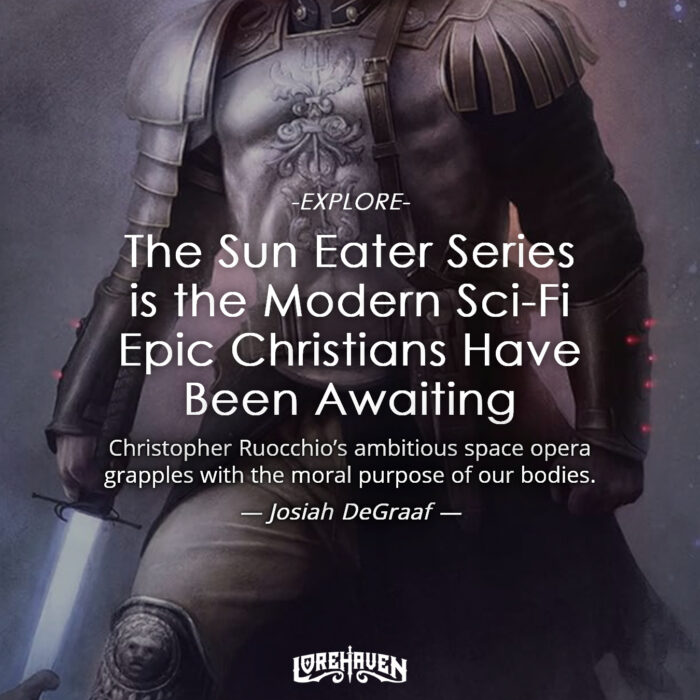
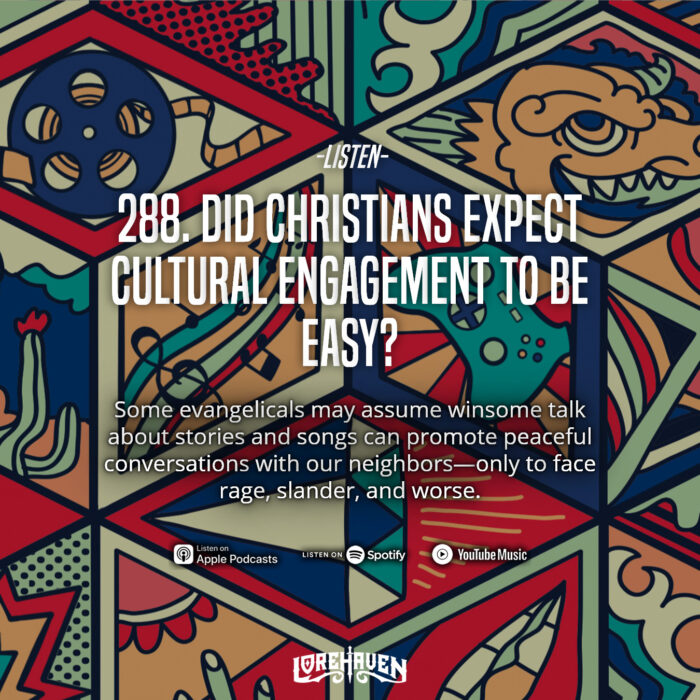

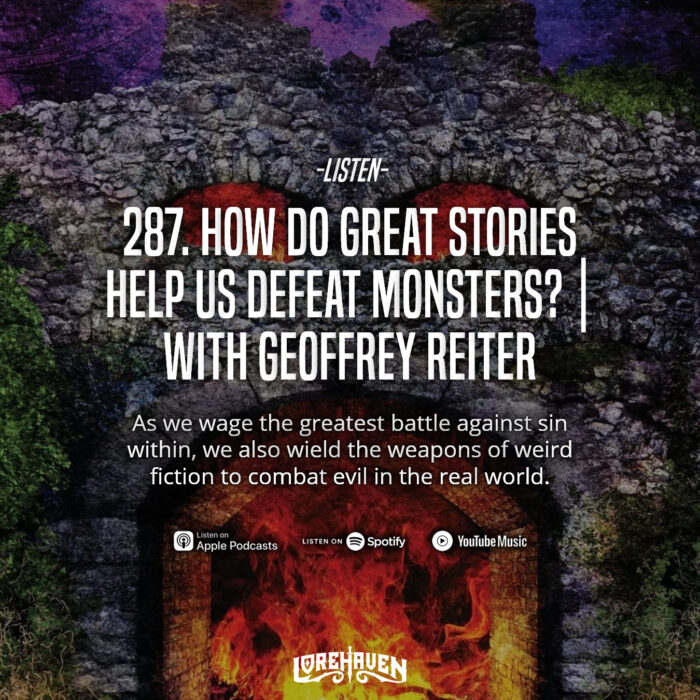
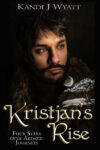




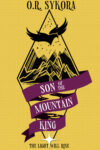




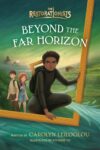
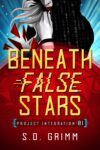








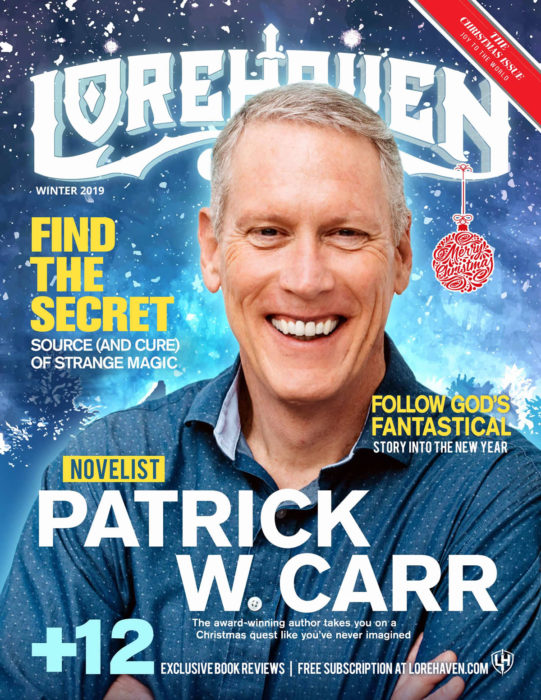





Share your fantastical thoughts.